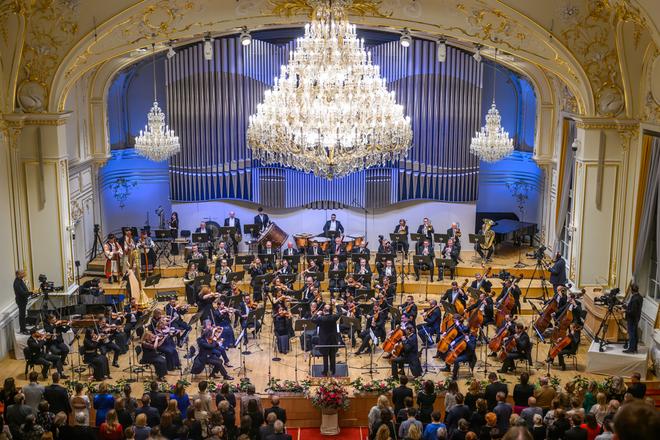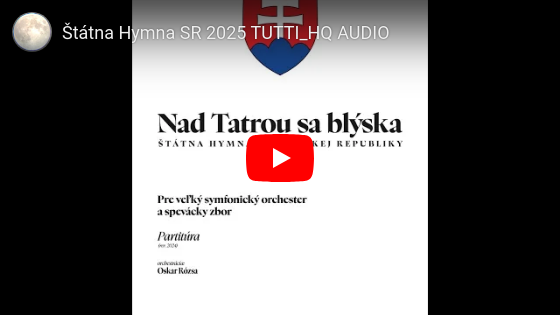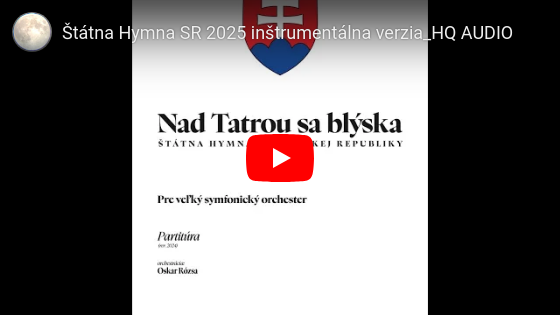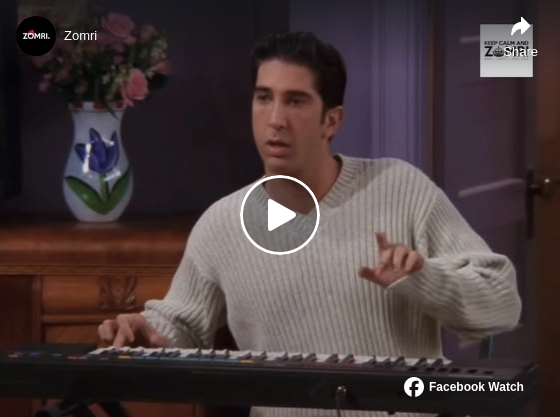On New Year’s Day 2025, Slovaks were introduced to a carefully concealed revamp of their national anthem—a state symbol—broadcast on state television and radio. The unveiling, however, quickly became a lightning rod for criticism, though not universally.
Culture Minister Martina Šimkovičová, nominated for the post by the far-right Slovak National Party and known for championing traditional values, took to social media to express her delight. Listening to the Slovak Philharmonic’s live performance of Nad Tatrou sa blýska (Lightning Over the Tatras) left her with “goosebumps all over, even on my soul.” The new arrangement, spearheaded by composer and conductor Oskar Rózsa, was backed by the Culture Ministry, which commissioned the changes to move away from what Rózsa called the anthem’s “brass band” sound.
Listen to the new arrangement of the national anthem:
The project has been fraught with controversy. Critics balked at the €50,000 paid to Rózsa and the lack of public consultation. The composer himself faced backlash for comments suggesting the anthem was not inclusive—a statement he later apologised for—and for a photo with a fugitive known for spreading disinformation and supporting neo-Nazi ideology.
Rózsa defends his work, claiming that it offers a grander, more monumental take on the anthem, now featuring a string section at the beginning and a slow tempo. The conclusion even incorporates the fujara, a traditional Slovak instrument—though some experts argue that its use feels out of place. Despite his efforts, Rózsa suspects sabotage, alleging that the sound quality was deliberately compromised during the anthem’s premiere. The state broadcaster, STVR, denies any tampering.
Musical experts have also weighed in unfavourably. Adrian Rajter, a musicologist, told the daily Sme that the arrangement was “overly opulent, with an unbalanced sound that diminishes the vocal and textual components.” The slowed tempo and the transition from minor to major scales were criticised as garish. Tomáš Ondřej Pilař, director of the South Bohemian Theatre Opera, dismissed some parts of the piece as “kitsch,” even likening its opening chord to the Soviet anthem.
The revised anthem has been derided on social media, with some videos mocking its grandeur. While the Culture Ministry promotes it as the “recommended official state anthem,” critics note that responsibility for the anthem officially lies with the Interior Ministry, which has remained silent.
As the dust settles, Rózsa’s assertion that the anthem “heals the nation” seems to have fallen flat—at least for now.


 The Slovak Philharmonic plays the new version of the national anthem during a concert in Reduta, Bratislava, on January 1, 2024. (source: TASR - Jaroslav Novák)
The Slovak Philharmonic plays the new version of the national anthem during a concert in Reduta, Bratislava, on January 1, 2024. (source: TASR - Jaroslav Novák)


